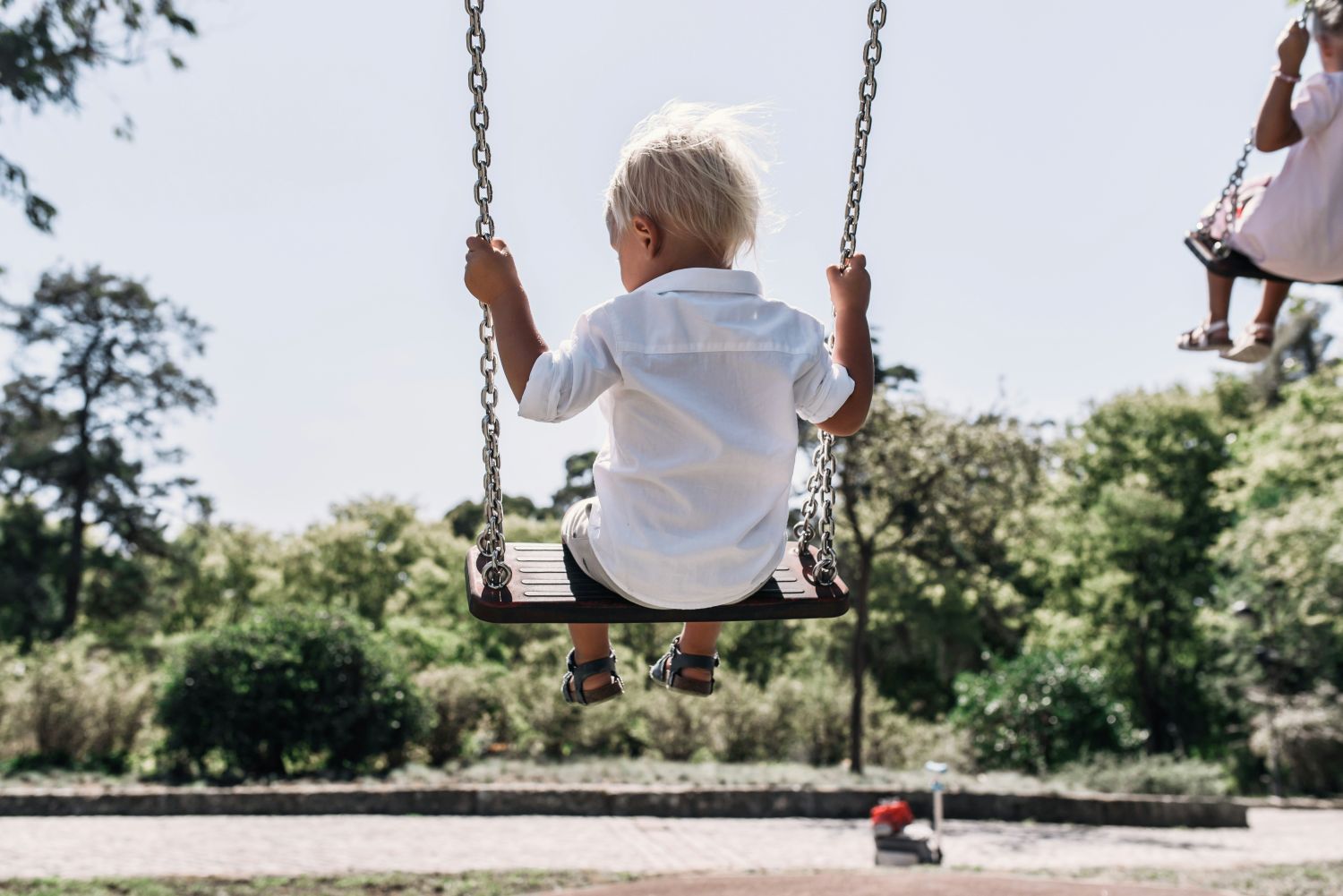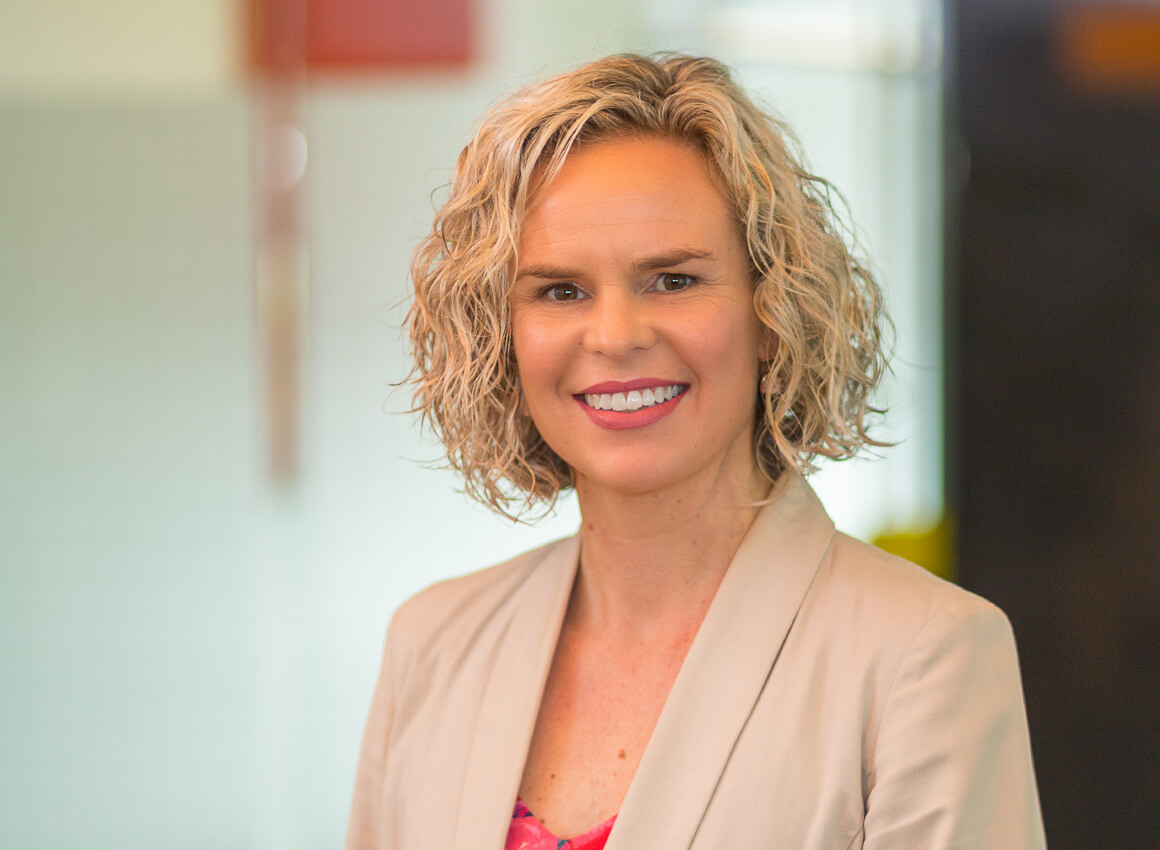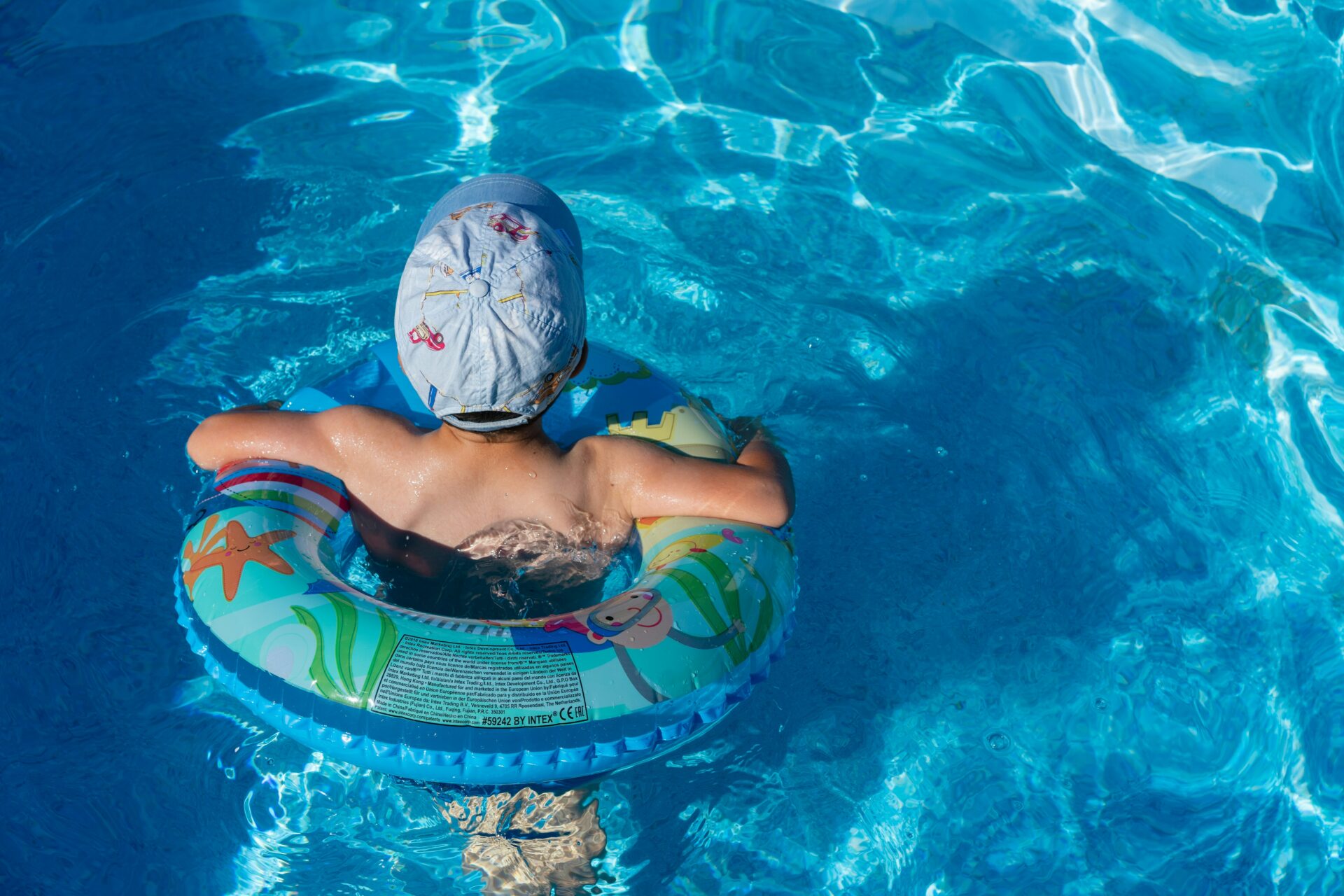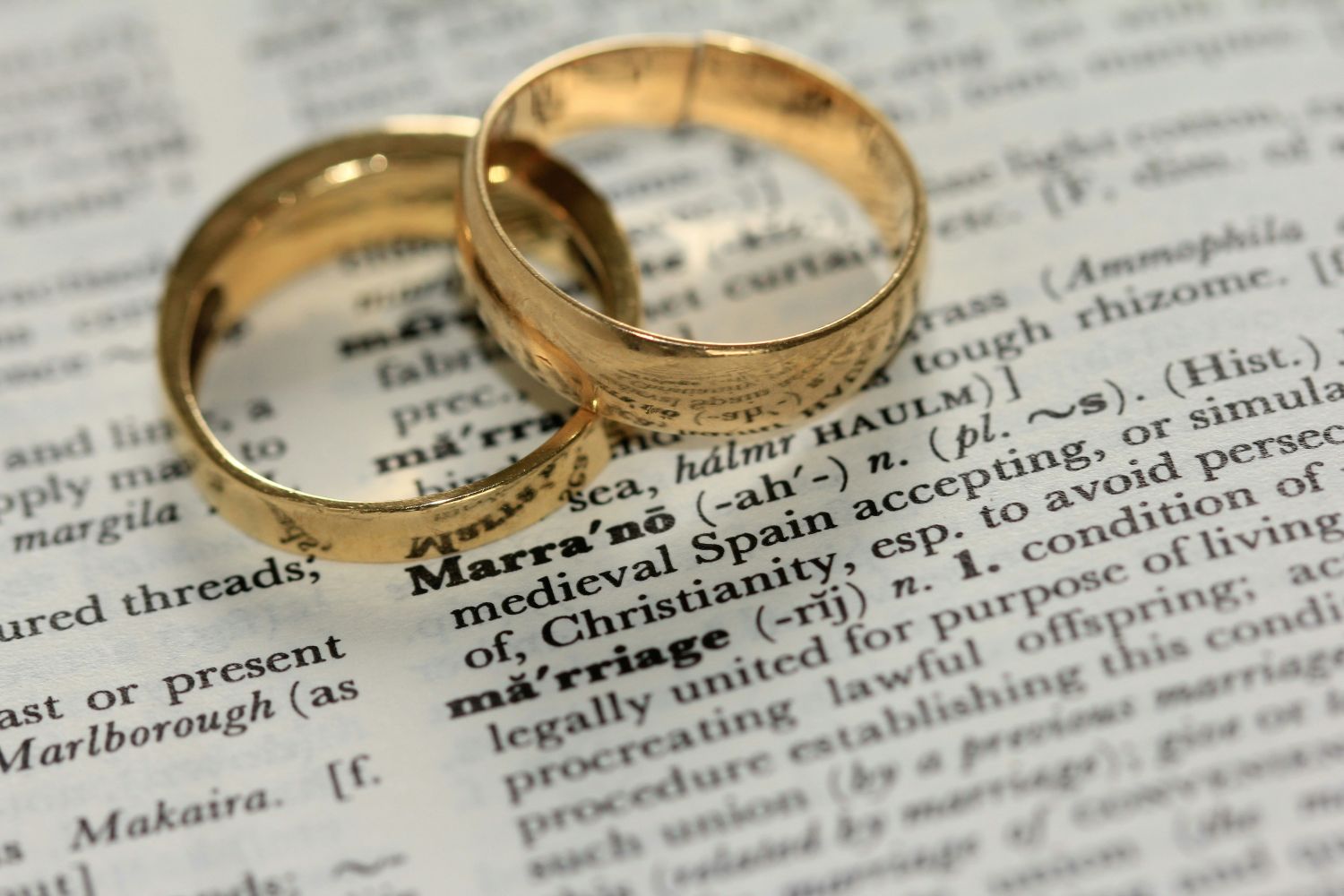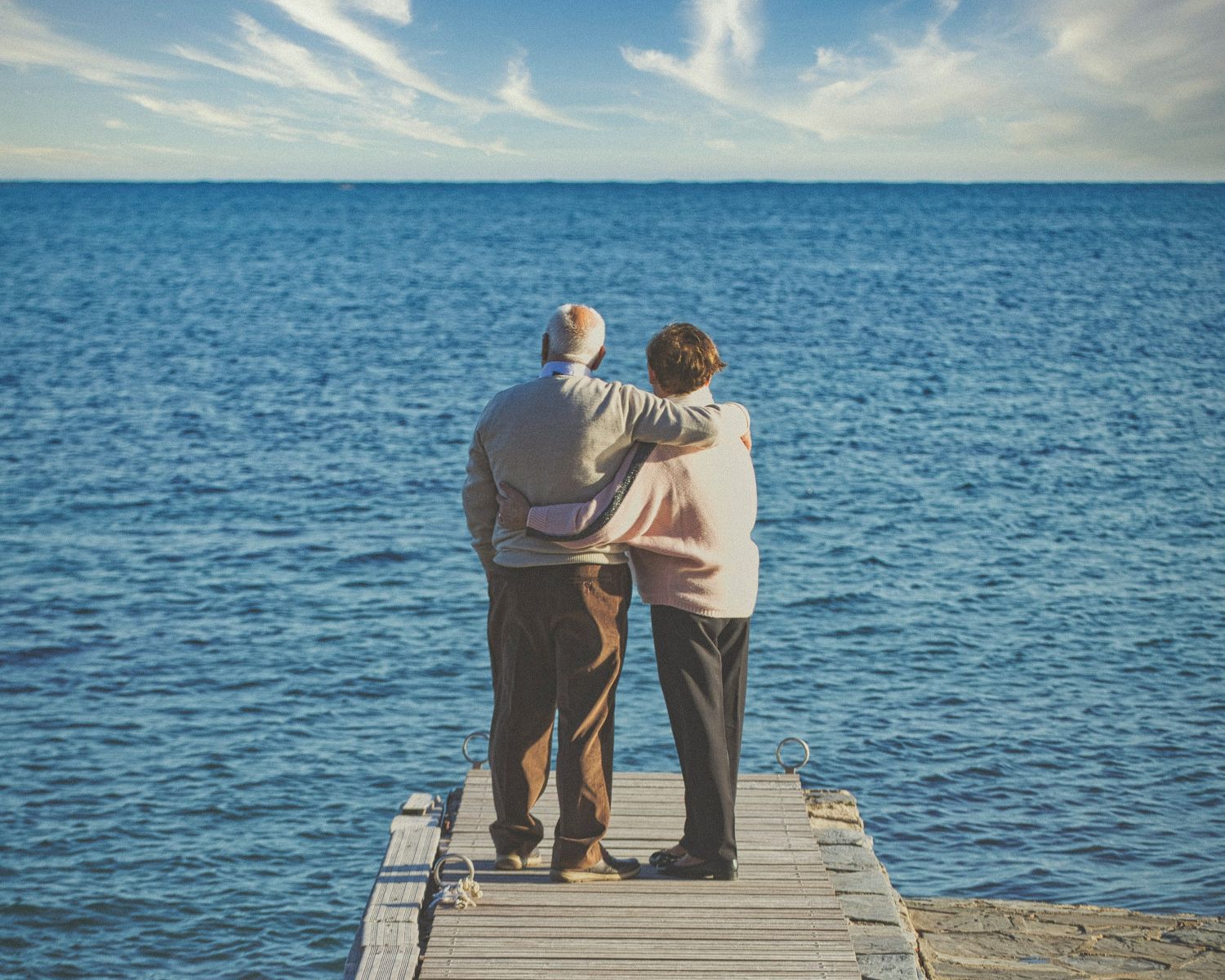When separated parents have differing views on vaccinating their children, it can be a challenging situation. Both parents usually share the responsibility for making important decisions about their child’s upbringing, including medical treatments like vaccinations. The primary consideration in regard to medical treatment is always what is in the best interests of the child, which includes their health, safety, and well-being.
If parents cannot agree, they may need to seek a resolution through the Family Court. The court will consider the child’s best interests and may take into account the child’s views, especially if the child is mature enough to express them. Generally, the older the child, the more weight should be given to their views, both in and out of court.
Before going to court, parents are often encouraged to try mediation to reach an agreement. Mediation can help parents communicate and find a compromise that works for both parties and the child. However, mediation is only appropriate if there has not been a history of family violence. For example, you do not have to mediate if you have a protection order against the other parent. (Find out more about protection orders here: Protection Orders).
What is Guardianship?
The Care of Children Act 2004 (“COCA”) defines guardianship as having all duties, powers, rights and responsibilities that a parent of the child has in relation to the upbringing of the child.
An exercise of guardianship of a child means determining for or with the child, or helping the child to determine, questions about important matters affecting the child. An important matter affecting the child includes, amongst other matters, medical treatment which is not routine in nature. Guardians are required by law to act jointly, by consulting with each other wherever practicable with the aim of securing agreement.
Vaccination has been held by the Courts to be non-routine medical care and is therefore a guardianship decision. This means that one parent/guardian cannot lawfully make a decision on their own as to whether their child is to be vaccinated without consulting with the other parent.
Guardianship responsibilities are a separate matter to care arrangements for the child. It is important to remember that the parent/guardian who has day-to-day care does not have a greater say on guardianship matters than any other parent/guardian of that child. Both (or all) guardians have an equal say.
The value of wānanga
It is natural to have concerns about the safety of a vaccination, particularly in an era of widespread misinformation. It is important that everyone can access reliable information about the vaccine in order to make the best decision for their own health, as well as their whānau, family and communities. In many situations, engaging in wānanga, an open discussion with others about experiences, questions, fears and reservations, with a level of curiosity can resolve differences in views.
Regardless, it is important to advise other parents or guardians of any scheduled vaccination and also once such vaccination has taken place. Parents/guardians should not act unilaterally in making decisions about vaccination for their children and must consult with the other parent/guardian(s).
If you find yourself facing the difficult circumstances described above, the Family Law team at Holland Beckett would be happy to assist you in reaching resolution of the matter.
